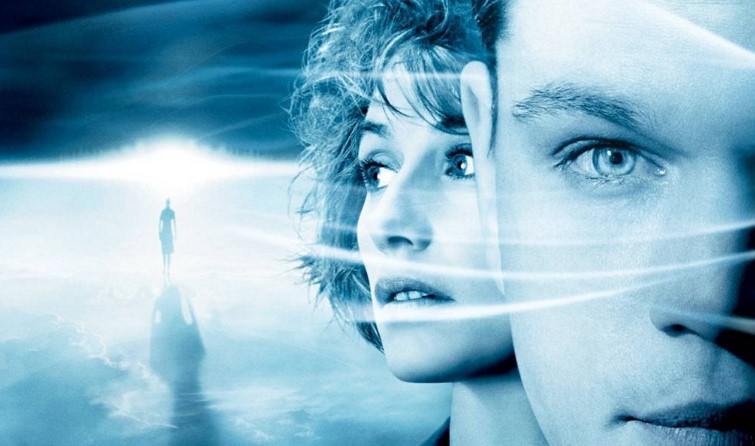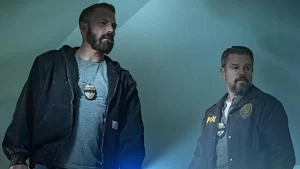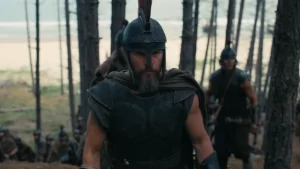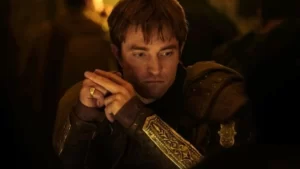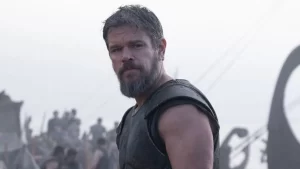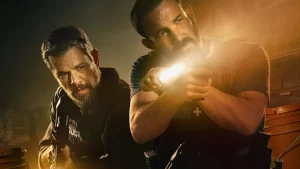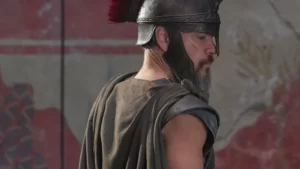Clint Eastwood is a Hollywood icon. Americans know this mostly due to his acting contributions to the western and cop film genres. Age catches up with every actor and limits what one can do in front of the camera mostly because of aesthetic reasons. I always felt that Clint’s move to the director’s chair was a means of prolonging an already legendary career, but I also believed it to be a recent evolution, since Unforgiven in 1990. A little IMDB research surprised me in that he has been getting directing credits since the early 70s. Talk about making a habit of directing one’s self in feature films where one also happens to be the lead actor! It appears that no one in Hollywood is more practiced at this than Eastwood which is somewhat disappointing because you won’t find a stronger critic against such a practice than yours truly. Despite that, Clint’s body of work is very respectable, somewhat entertaining and critically lauded. Thankfully, Clint restricts himself to the director’s chair in Hereafter and demonstrates how proficiency in performance can translate to a fluency in molding the performance of a cast.
That being said, I’d like to revisit my description of his films as “somewhat entertaining.” It seems that in Clint’s advancing years his ability to create a story as enthralling and unique as his films’ characters has become somewhat handicapped. No film is a more perfect example of this criticism than Hereafter. The film has a sure shot subject matter capable of triggering intrigue on a global scale because it concerns a condition that affects all humanity: mortality. Further still, this film features a character that has a legitimate ability to make a connection to the post-mortem plane and explores his personal difficulty with this talent and the life he is trying to live. Combining these elements of a story with a seasoned veteran like Eastwood, a budget of $40 million dollars and lead actor Matt Damon is a recipe for success . . . if the script and execution are there. Hereafter’s fatal flaws are: 1) George Lonegan, the psychic played by Matt Damon is not the featured character, 2) The other two parallel sub plots are not nearly as interesting as the psychic’s and 3) The connections that bring all three stories together by the film’s end are exceedingly uninteresting and do nothing to enhance the story. These factors represent a fundamental deficiency in the screenplay that a different strategy in directing could help camelflouge, but never resolve. For instance, the director could have added scenes amongst the main characters of each sub plot to enhance their relationships to each other, thereby augmenting the validity for presenting the film from three unrelated perspectives beyond shear coincidence. I expected a better showing from screenwriter Peter Morgan because I was absolutely mesmerized by Frost/Nixon (2008).
A director may or may not apply the prerogative to add or subtract scenes, but control over the tone and pacing of every scene is expected from every director and Clint didn’t do his film many favors in this regard. Hereafter is an incredibly slow film! Each sub plot requires multiple scenes to develop even rudimentary interest, the dialogue among characters is highlighted by several moments of awkward silence and the difficulty for any audience to relate to the main characters makes this film an ass-numbing affair. I fully understand that Eastwood was specifically trying to paint “the outcast psychic,” the “disenfranchised media darling,” and “the solitary twin,” as being somewhat dead before the events that bring these characters together occur in the film. But each character’s presentation has far too much depression and isolation for them to be redeemable to the audience. I require an element of hope in a character that I am supposed to make an emotional investment with. Hope for these characters and each other is something this film does not explore and is encountered as anti-climactically as finding a needle in the haystack. In the end, these characters feel far too sorry for themselves for me to even care if they find happiness or closure in their lives. Eastwood used too much grayscale in every scene for the audience to truly differentiate between the “negative” scenes and the “positive” scenes.
Clint didn’t mail in all of his responsibilities because the acting performances were high quality and he should take some credit for it. I continue to run out of good things to say about Matt Damon as a thespian. His ability to contour to just about any character is very reminiscent of Marlon Brando. Please note: I am not saying Damon IS the next Brando because his overall intensity and devotion to his characters is not on the same level, but it is Damon’s ability to adapt where I begin to see the similarities. It is a rare thing to meet a legitimate psychic, but even rarer to find one that doesn’t want to open up to anyone. I found Damon’s moments of silence and rumination to be the most credible not because he was the only character that had a “super power,” but because he is able to express a volcano of frustration without a verbal explosion on screen.
Cécile De France (cute stage name, by the way) does a fine job portraying the French media “It” girl, Marie LeLay. Her performance stops just short of the stereotypical French New Wave woman who will spend lots of time telling you how much substance she has on screen rather than showing it. However, her portrayal comes off as authentic to the contemporary French female professional. But of course, I am basing this entirely on how the American media has presented the French people to me. De France’s character was the most romanticized by far and I couldn’t help but think if her performance was somewhat hindered by stereotypically French scenes such as the scene in the restaurant with her lover/TV show producer.
I found Eastwood’s use of actual twins Frankie and George McLaren to play the twin brothers Marcus and Jason on film to be an absolute necessity as no single child under 13 would be capable of producing a respectable twin performance in a dramatic role. Historically it is a professional no-no to work with kids or animals, but the McLaren brothers do a fine job relating the unique intimacy between twin siblings for the story. It is impossible to distinguish which actor is playing which character as both McLaren boys are credited as both characters so neither can be distinguished for their performances outside of the fact that both were safe and average.
Hereafter is another film that has so much potential in terms of theme and idea, but doesn’t quite resonate due to inconsistent execution. This is a film that lacks focus from a plot and presentation perspective. Character and not character development happens to be this film’s strength because the protagonists are certainly very unique, but are disallowed a substantial opportunity to evolve in a way that is satisfying to the audience. This film is a poignant drama, but not very much fun. It tries to be deeply moving, but is not epic in scope. If you are searching for a decent drama to watch or a rabid fan of Matt Damon, I wouldn’t give Hereafter more than an average rating. There are simply too many other films that address life after death in much more substantial and entertaining ways.

